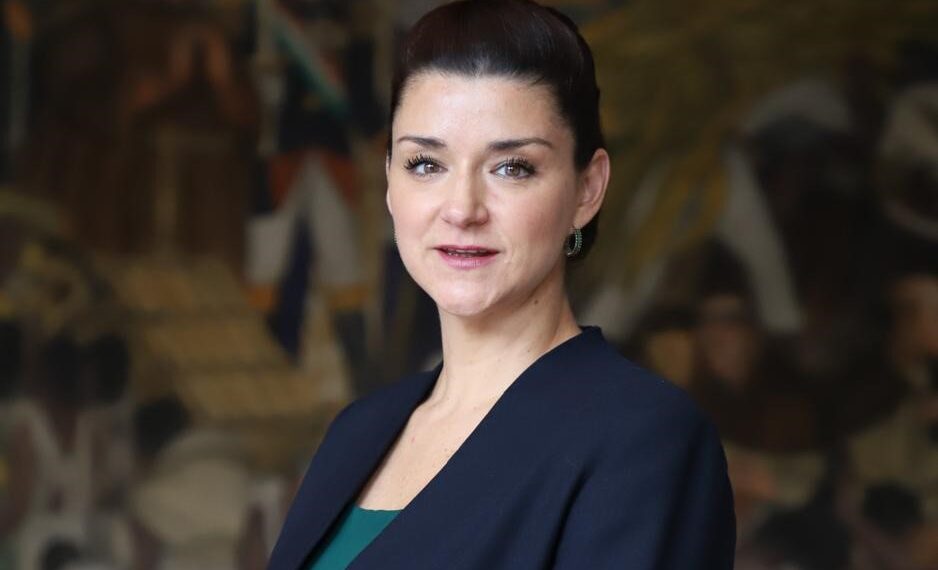The Philippines is no longer considered a safe haven for “dirty money” which includes funds linked to terrorist activities, drug pushing, and money laundering, among others.
The Financial Action Task Force (FATF) a global watchdog, recently removed the Philippines from its list of countries under heavy scrutiny for allowing suspicious financial activities.
The FATF removed the country from its grey list after visitors from the task force last January confirmed that the Philippines had achieved significant progress in strengthening measures on anti-money laundering and combating the financing of terrorism (AML/CFT).
FATF President Elisa de Anda Madrazo announced this in an online press conference following the conclusion of a three-day plenary and working group meeting held in Paris, France from February 17 to 20.
She said the Philippines had successfully exited the grey list after almost four years or since its inclusion in June, 2021.
Madrazo said: “The plenary agreed to take the Philippines off the grey list in recognition of the completion of their action plan, which was agreed in June 2021.”
As a result, the country will no longer be subject to the FATF’s heightened monitoring process, Madrazo said, as she commended the country for addressing the deficiencies identified in past mutual evaluations.
She cited the Philippines’ actively combatting the risk of dirty money flowing through casinos, as well the country’s banning of Philippine offshore gaming operators, or POGOs, by the government last year.
Bangko Sentral ng Pilipinas (BSP) Gov. Eli Remolona Jr. said the FATF’s decision was “a vote of confidence” in the Philippines’ financial system.
Remolona said it felt like “a thorn has been pulled from our side,” adding that it would help the country’s overseas workers “and foster more investment in our economy.”
The Central Bank chief, who attended the FATF meetings in Paris, highlighted the collaborative effort behind the development.
He said, “this achievement is a result of strong cooperation within the government as well as the private sector. It also complements our ongoing efforts to make the financial system a stronger driver of sustainable growth.”
For its part, the Anti-Money Laundering Council (AMLC) said the Philippines’ exit from the grey list is expected to hasten and lower the cost of cross-border transactions, as well as reduce compliance barriers and enhance financial transparency.
The AMLC said some foreign regulators were imposing stricter requirements or fines on financial institutions dealing with entities in the Philippines, even prior to the grey listing.
In a statement, the AMLC said: “This prompted some banks to just avoid doing business with entities in those countries rather than managing possible money laundering or terrorist financing risks. The FATF decision may prompt foreign banks to review and resume their business relationships and transactions with Philippine financial entities.”
Exiting the grey list is a significant step toward strengthening the financial system and maintaining global confidence, the AMLC also stated.
Executive Sec. Lucas Bersamin, chairman of the National AML/CFT Coordinating Committee, also welcomed the FATF decision.
Bersamin said in a statement that the recognition “affirms that the Philippines’ AML/CTF/CPF (counter proliferation financing) framework aligns with global standards. It supports our vision to enhance economic competitiveness for the benefit of the people.”
Bersamin added that “Our well-earned exit from the Financial Action Task Force’s grey list boosts our drive to attract job-creating, growth-inducing foreign direct investments.”
He also said that the country’s investment attractiveness had been tainted by the “dirty money haven label” for too long.
Madrazo said the Philippines will undergo another FATF assessment in 2027.
































